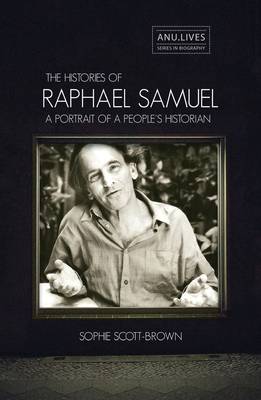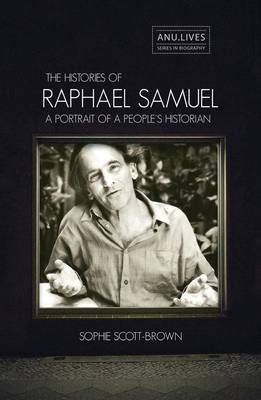
- Afhalen na 1 uur in een winkel met voorraad
- Gratis thuislevering in België vanaf € 30
- Ruim aanbod met 7 miljoen producten
- Afhalen na 1 uur in een winkel met voorraad
- Gratis thuislevering in België vanaf € 30
- Ruim aanbod met 7 miljoen producten
Zoeken
€ 53,95
+ 107 punten
Omschrijving
In the first integrated biographical study of his work, this book situates British historian Raphael Samuel (1934-1996) in relation to his distinctive form of activist politics as they developed from youthful Cold War communism to the first British New Left, 1960s radicalism to the 1980s history wars. As the catalyst behind the History Workshop movement, Samuel championed the democratisation of history-making and practised an eclectic form of people's history in his own work. His unique approach was controversial, drawing impassioned responses from across the ideological spectrum, the most sustained critique often coming from his left-wing contemporaries. It is argued here that this compelling figure has been unjustly neglected and that he continues to offer important insights into the politics of history-making in a post-Marxist world.
Specificaties
Betrokkenen
- Auteur(s):
- Uitgeverij:
Inhoud
- Aantal bladzijden:
- 278
- Taal:
- Engels
- Reeks:
Eigenschappen
- Productcode (EAN):
- 9781760460365
- Verschijningsdatum:
- 12/05/2017
- Uitvoering:
- Paperback
- Formaat:
- Trade paperback (VS)
- Afmetingen:
- 153 mm x 234 mm
- Gewicht:
- 517 g

Alleen bij Standaard Boekhandel
+ 107 punten op je klantenkaart van Standaard Boekhandel
Beoordelingen
We publiceren alleen reviews die voldoen aan de voorwaarden voor reviews. Bekijk onze voorwaarden voor reviews.











